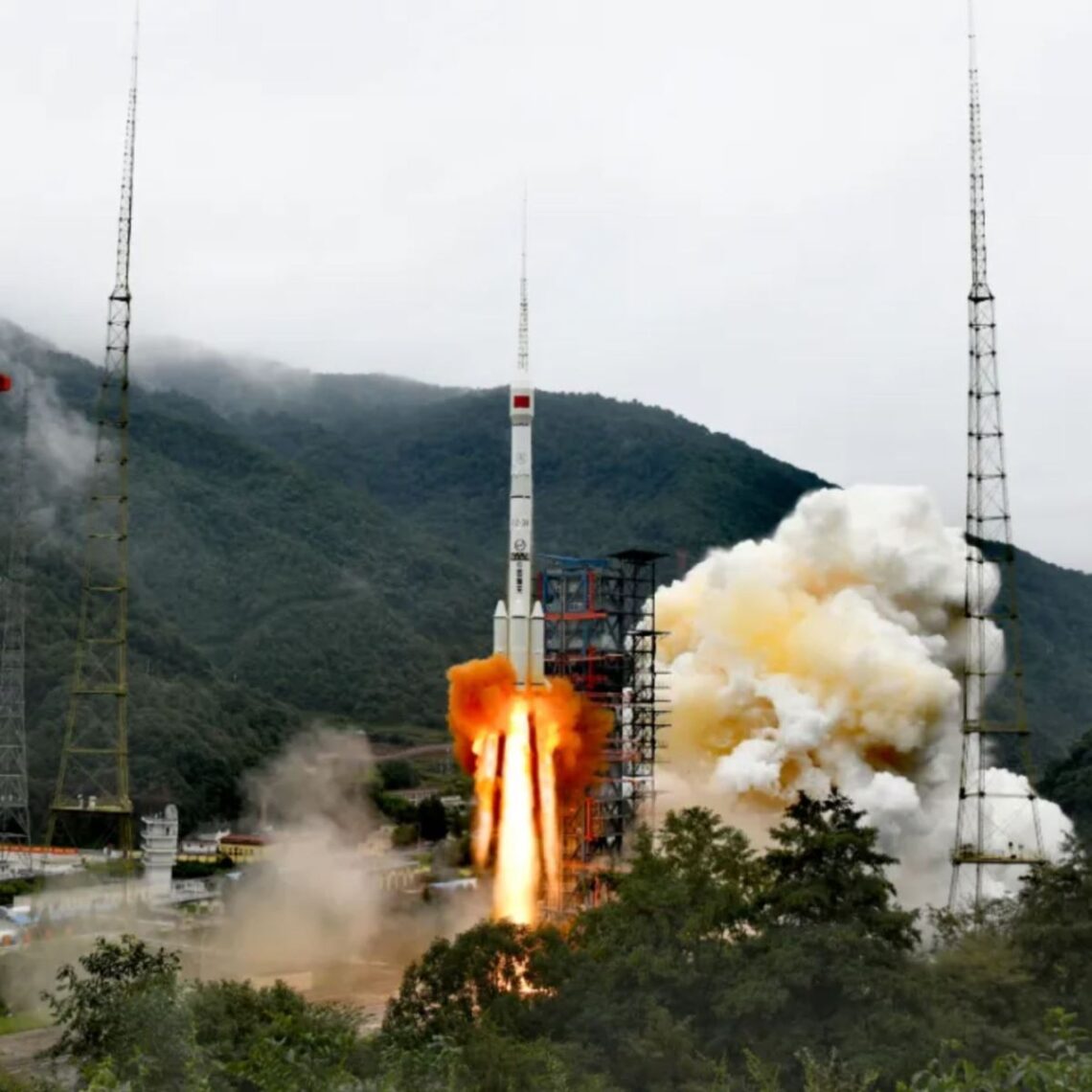After a heated and polarized presidential campaign, both parties have shifted their focus to the 2026 midterm elections and the 2028 presidential race — the Republicans aiming to solidify their position and the Democrats seeking to regain power. However, one issue that can unite Americans is the need for bipartisan accomplishments that serve the nation’s interests. One such goal is satellite resilience, which refers to the ability of space systems to withstand and recover from disruptions, including intentional attacks. This resilience ensures that space continues to provide vital support for both military and civilian operations essential to national security and economic well-being.
While the two parties disagree on many aspects of President-elect Donald Trump’s policies, space resilience remains a nonpartisan priority, with Americans from all sides calling for it. Both Trump’s first term and the Biden administration have recognized the importance of space resilience, investing heavily to achieve this goal. Unfortunately, neither fully acknowledged the risk that China’s emerging dual-use spacecraft could soon become a primary weapon for launching large-scale attacks on our satellites. Addressing this new space threat is more about bipartisan collaboration than funding. If both parties commit to the effort, there is a significant opportunity to achieve this essential resilience over the next four years.
In 2021, former Indo-Pacific commanders Adm. Phil Davidson and Adm. John Aquilino warned that Chinese President Xi Jinping was accelerating China’s military modernization and moving the timeline for a potential invasion of Taiwan from 2035 to 2027. China understands that United States satellites are crucial for everything from communications and intelligence to precision strikes. Disabling U.S. satellites at the onset of such an invasion would undermine U.S. military capabilities, either deterring intervention or significantly degrading…
Read the full article here

